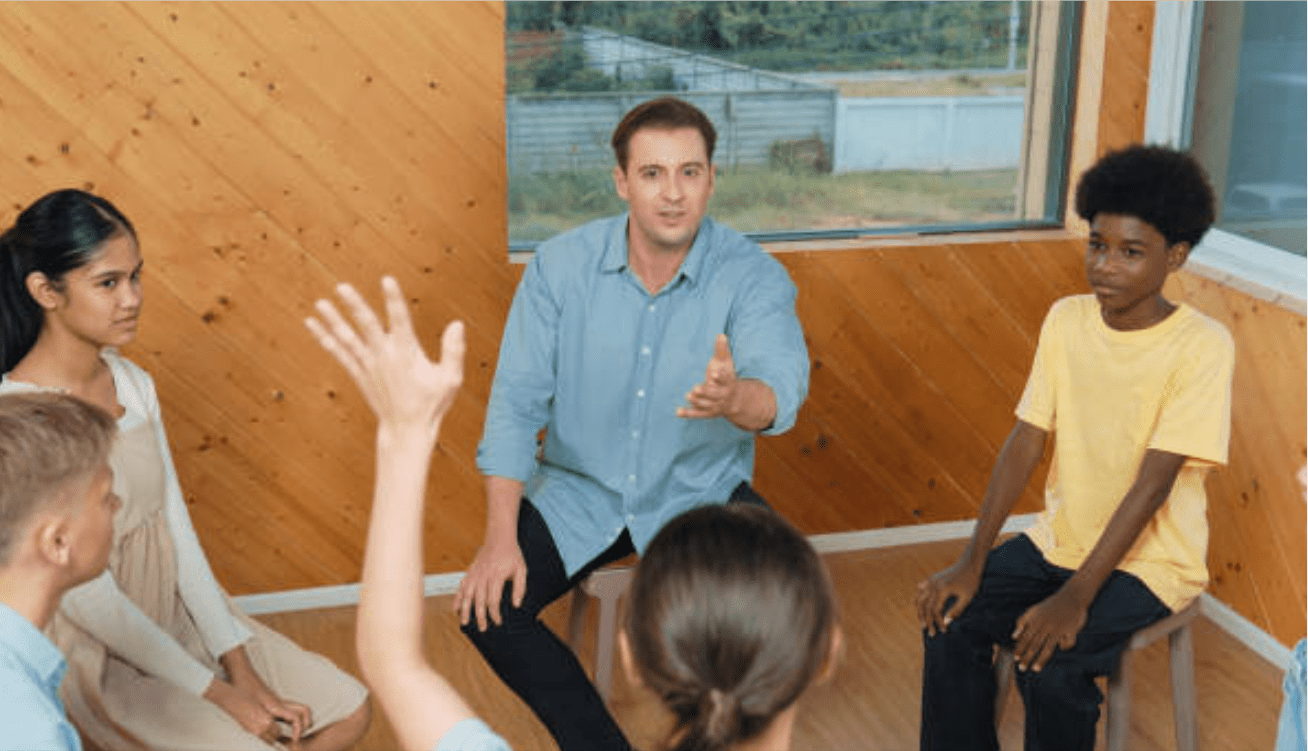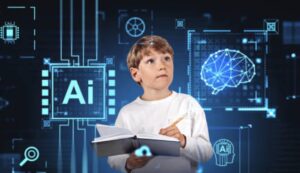
In the insightful blog post titled ‘How Guided Conversations Enhance Children’s Social & Emotional Skills’ on Questions for Growth, the critical role of structured dialogues, or guided conversations, in fostering children’s social and emotional development is explored. The post highlights how carefully crafted questions can steer conversations with children towards meaningful exploration, enhancing their interpersonal skills, self-awareness, and emotional intelligence. It discusses the use of guided conversations in educational settings through activities like Circle Time, emphasising their importance in creating inclusive, supportive environments for children to express themselves and understand others.
The post delves into the theoretical underpinnings of this approach, drawing on Vygotsky’s Sociocultural Theory and the Zone of Proximal Development to illustrate how social interactions within a supportive framework can drive cognitive growth. Additionally, it touches on the Theory of Mind and its relevance to understanding perspectives and emotions, further supported by insights into Emotional Intelligence and emotional regulation, highlighting the role of guided conversations in developing these competencies.
Empirical studies on questioning techniques are also reviewed, underscoring the value of well-designed questions in promoting deeper learning and engagement. The post concludes by affirming the transformative potential of guided conversations in nurturing children’s ability to navigate the complex social and emotional aspects of their lives.
In the realm of conflict resolution among children, for example, these principles of guided conversations become particularly pertinent. Conflicts, an inherent aspect of childhood, offer ripe moments for practicing empathy, negotiation, and understanding diverse perspectives—skills that are cultivated through guided dialogues. The adult’s role transitions from a direct intervener to a facilitator, guiding children through structured conversations to resolve disputes and understand each other’s emotions and viewpoints.
This nuanced approach to conflict resolution is discussed in ‘How to Resolve Children’s Conflicts’, highlighting the interconnectedness of guided conversations and conflict mediation. By employing well-crafted questions and fostering an environment of open dialogue, children learn to navigate their interpersonal conflicts, thereby enhancing their emotional intelligence and social aptitude.
Over decades of working in educational settings, I’ve witnessed firsthand the transformative power of effective communication and emotional intelligence in resolving conflicts among children. These disputes, ranging from playground tiffs to classroom disagreements are pivotal learning moments where children learn to articulate their feelings and understand others’ perspectives. This process is foundational to developing emotional intelligence, a skill that significantly influences their future interpersonal interactions.
For a deeper dive into how these practices are applied in educational contexts and beyond, enhancing children’s social and emotional capabilities, readers are encouraged to explore the extended discussion on the sister blog, Questions for Growth.



